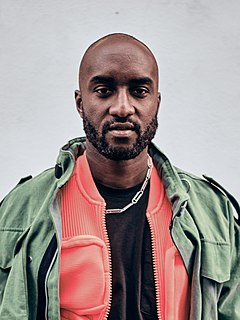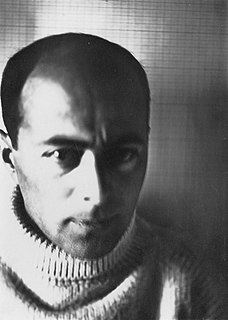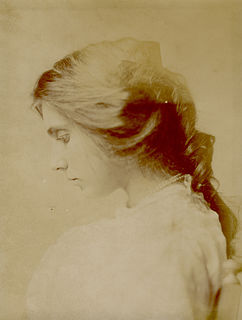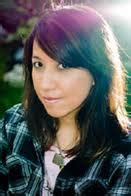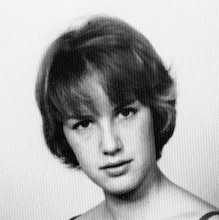A Quote by Virgil Abloh
In my case, everything starts from Marcel Duchamp and the new expressive possibilities he gave us with his ready-mades. I transferred his artistic language into today's world, choosing, for example, to use pedestrian-crossing stripes as a symbol.
Related Quotes
Marcel Duchamp, one of this century's pioneers, moved his work through the retinal boundaries which had been established with Impressionism into a field where language, thought and vision act upon one another. There it changed form through a complex interplay of new mental and physical materials, heralding many of the technical, mental and visual details to be found in more recent art... He declared that he wanted to kill art ("for myself") but his persistent attempts to destroy frames of reference altered our thinking, established new units of thought, a "new thought for that object."
Tobias Buckell combines old world with new in his novel CRYSTAL RAIN. While the rich cultures, drawn in part from Caribbean history and lore, echo a familiar landscape, he brings it out of the Earth milieu and into a bold new universe where technology and tradition collide. I enjoyed his colorful characters and musical use of language; his voice is fresh and entirely readable.
Such was the will of the Father that his Son, blessed and glorious, whom he gave to us, and who was born for us, should by his own blood, sacrifice, and oblation, offer himself on the altar of the cross, not for himself, by whom "all things were made," but for our sins, leaving us an example that we should follow his steps.
Bentham spent much of his life writing constitutions and proposing legal reform in the light of his utilitarianism. The evaluation of particular acts was hardly his concern. The psychology of his day was hedonistic and he worked in that framework and passed it on to Mill, but it is clear as day that Mill was not a hedonist in the sense in which we use that term today, though he used the language of pleasure and pain to express his views.
